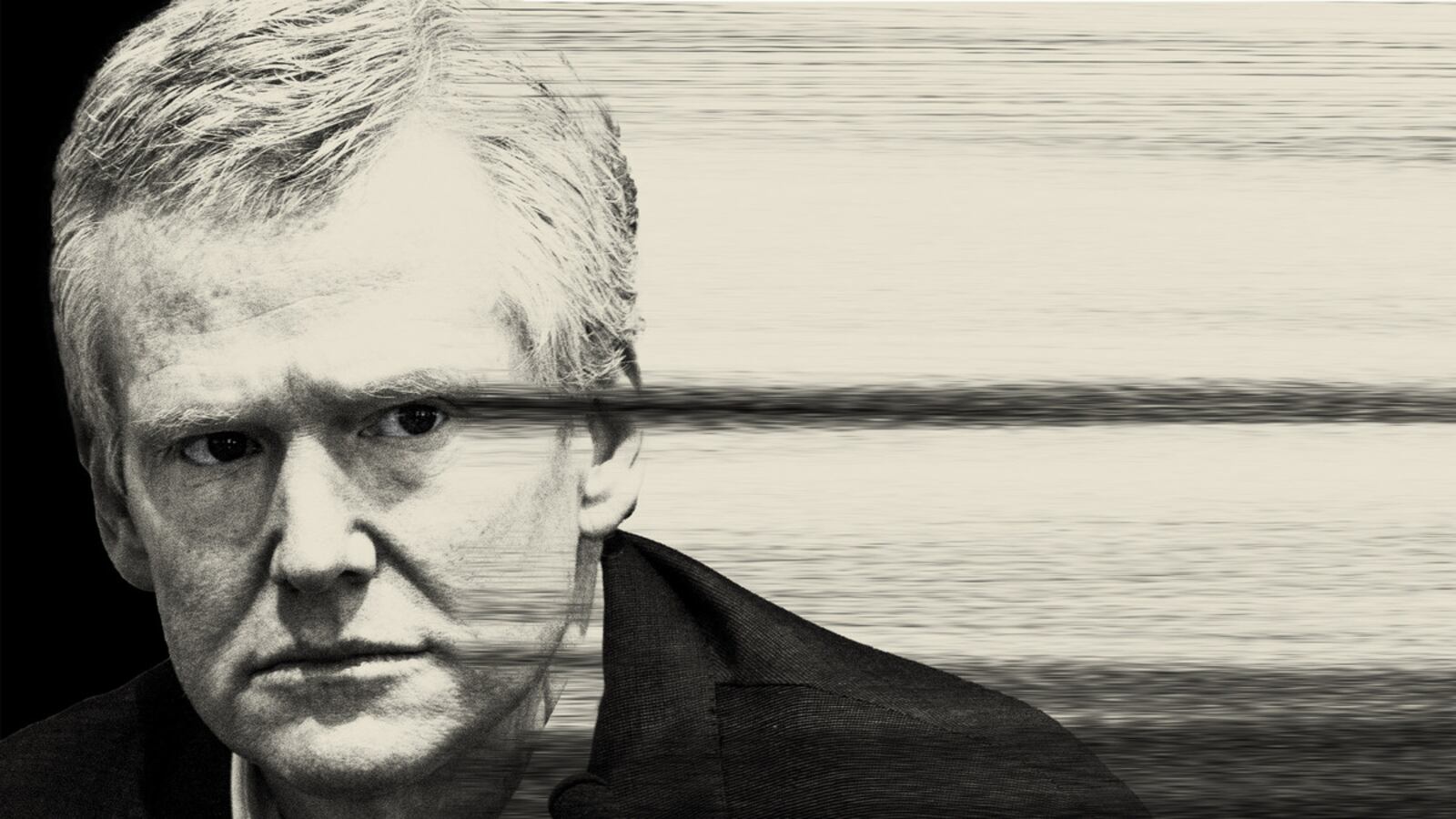Jurors in Alex Murdaugh’s murder trial homed in on a feed room and inspected a wooded area during their visit on Wednesday to the crime scene where the disgraced lawyer’s wife and son were fatally shot in June 2021.
Their hour-long field trip to the Moselle hunting estate in South Carolina came shortly before closing arguments began in what has been dubbed the “trial of the century” by local media. Murdaugh has pleaded not guilty to murdering his wife, Maggie, and his son, Paul.
“After an exhaustive investigation, there is only one person who had the motive, who had the means, who had the opportunity to commit these crimes, and also whose guilty conduct after these crimes betrays him,” prosecutor Creighton Waters said during his closing arguments.
For several hours, Waters walked jurors through the prosecution’s case, outlining how cell phone data, ballistics, and Murdaugh's own testimony prove that he was the only one who murdered his wife and son on June 7, 2021. He painted him as a serial liar whose own friends and colleagues even testified to various misdeeds they said he expertly concealed.
“No one knew who he was. No one knew who this man was. He avoided accountability his whole life. He relied on his family name. He carried a badge and authority. He lived a wealthy life,” Waters said.
He argued that, with the true extent of his financial crimes on the cusp of being exposed, Murdaugh’s “ego couldn’t stand that, and he became a family annihilator.”

Aerial view of the Murdaugh estate
Colleton County CourtEarlier on Wednesday, jurors went to the scene of the crime that has been detailed throughout the six-week trial. The 12 jurors and two alternatives gathered around 9 a.m. at the Colleton County Courthouse before loading into three secured transport vans and leaving 10 minutes later. The windows of the vans, which picked up the group inside the gated area behind the courthouse, were blacked out to maintain the jurors’ anonymity.
Behind them, Judge Clifton Newman hopped into a pickup truck driven by Colleton County Sheriff Captain Jason Chapman, who was one of the first prosecution witnesses to testify against Murdaugh. Jurors spent the majority of their trip by the dog kennels and shed where Paul and Maggie were killed on June 7, 2021.
According to a pool reporter on the scene, one juror was standing near the feed room, looking up at its doorway, where expert witnesses called by prosecutors have alleged Paul was murdered with a shotgun. Those experts testified that they believe Paul was standing about five inches into the feed room when he was first shot in the chest. Maggie was shot about 12 steps away from where Paul fell.
Unlike the bloody murder scene described in court, the feed room on Wednesday had no visible signs of trauma after appearing to be redone with paint and new plywood. The reporter who went to the feed room after the jurors left noted that the back window had large bullet holes.
Jurors were also seen driving toward a wooded area across the street from the estate. It was not immediately clear why they went into the tree area.
They also briefly headed to the estate’s main house. Murdaugh has testified that on the night of the murders, he was down at the kennels before heading back to the main house, where he claims he dozed off on the couch around the time Paul and Maggie were fatally shot with two guns.
Waters noted that Murdaugh told jurors that he woke up just minutes later to go visit his ailing mother. “He dozed off in the shortest nap in the history of the South,” Waters quipped.
Along the way to see his mom, he made several calls to family members, friends, and even his dead wife.
“He’s manufacturing an alibi. He’s smart. He’s a good lawyer. His family has a history of prosecution. He understands these issues,” Waters told the jury.
While on the stand, Murdaugh admitted that he had initially lied to authorities about being at the kennels shortly before the murders because of his drug-fueled paranoia. But Waters disputed that too, noting that Murdaugh was comforted by officers in his initial police interview.
“Is that an aggressive interview? Is that something that would make somebody paranoid?” he said Wednesday while replaying parts of the interview.
Waters portrayed Murdaugh as a desperate man whose years-long scheme of swindling money from his clients and former law firm was finally coming to light.
“The pressures on this man were unbearable, and they were all reaching a crescendo on the day his wife and son were murdered by him,” Waters said. “He has proven over and over again that he will do anything to keep that hamster wheel going and avoid accountability. He has been doing it for 10 years.”
“Those pressures mount and that person becomes a family annihilator,” he added.
At the time of the murders, Waters said, Murdaugh was facing questions about finances in a lawsuit related to a fatal boat crash caused by Paul. His law firm was also looking into his previous cases.
“The timeline puts him there. The forensic timeline puts him there,” he said, noting that after the murders “it’s a different world” for Murdaugh.
“Everyone immediately rallies around Alex Murdaugh,” he said.
Waters concluded his closing argument on Wednesday by stressing to the jury to use “common sense and human nature” to give justice to Maggie and Paul who “deserve a voice.”
“They need a voice because they can no longer speak. This has been a tough job,” Waters said. “But the system depends on people who take that oath as jurors, and they’re willing to honor that oath and make the tough decision to vindicate these victims, to vindicate Maggie and Paul, who were cut down in the prime of their lives.”
Defense attorney Jim Griffin is expected to begin his closing argument on Thursday morning. The defense has argued that Murdaugh had no motivation to slay his “wonderful” wife and son—and that there is no direct evidence tying him to the grisly crime.







